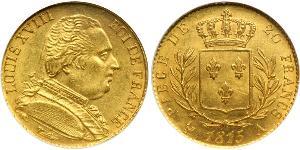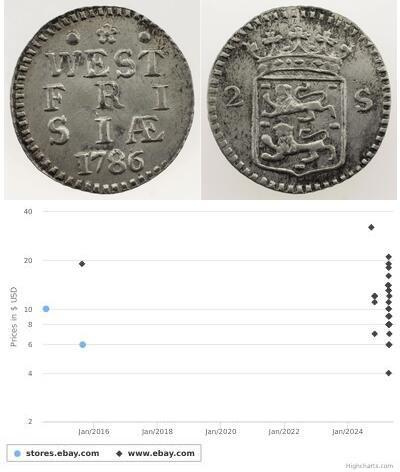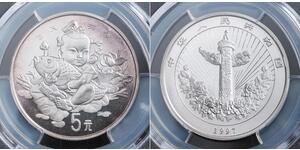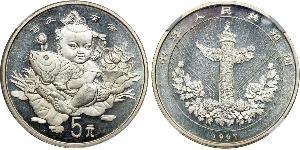1 Golden Rider
1433-1467, Flanders (County), PhilipII. Gold "Cavalier d'Or / Golden Rider" Coin. NGC MS-63!
Mint Place: Ghent
Mint Period: 1433-1467
Reference: Friedberg 183, Delmonte 487.
Denomination: Cavalier d'or (Golden Rider)
Condition: Certified and graded by PCGS as MS-63! - Population 1/1!
Diameter: 29mm
Weight: 3.63gm
Material: Gold!
Obverse: Armored knight on horseback galloping right and brandishing sword. Name of the County (x FLADx for Flanders) below.
Legend:
PH'S : DЄI : GRΛ : DVX : BVRG : Ƶ : COMЄ | S : FLΛHDRIЄ,
Reverse: Burgundian arms with inescutcheon of Flanders superimposed on a cross fleurée. An attractive piece with little striking weakness and slightly grainy surfaces, there are few marks visible upon initial inspection.
Legend:
+ SIT : nOMЄИ : DOMIИI : BЄИЄDICTVM : ΛMЄИ :
The County of Flanderswas one of the most powerful political entities in the medieval Low Countries, located on the North Sea coast of what is now Belgium. Unlike its neighbours such as the counties of Brabant and Hainaut, it was within the territory of the Kingdom of France. The counts of Flanders held the most northerly part of the kingdom, and were among the original twelve peers of France. For centuries, the economic activity of the Flemish cities such as Ghent, Bruges and Ypres made Flanders one of the most affluent regions in Europe, and also gave them strong international connections to trading partners.
Up to 1477, the core area under French suzerainty was west of the Scheldt and was called "Royal Flanders" (Dutch: Kroon-Vlaanderen, French: Flandre royale). Aside from this, the counts, from the 11th century onward, held land east of the river as a fief of the Holy Roman Empire: "Imperial Flanders" (Rijks-Vlaanderen or Flandre impériale). The county joined its Low Country neighbours within the Burgundian Netherlands from 1384, which eventually complicated its relationship with France. Most of the county became part of the Empire after the Peace of Madrid in 1526 and the Peace of the Ladies in 1529.
Having already regained much, by 1795, the rest – within the Austrian Netherlands – was acquired likewise by France under the French First Republic, recognized by treaty in 1797. Resulting from the Battle of Waterloo of the same year, it passed to the newly established United Kingdom of the Netherlands in 1815. The former County of Flanders, except for French Flanders, is the only part of the late medieval French kingdom outside of modern-day France (Catalonia having been renounced in 1258).
Philip III (French: Philippe le Bon; Dutch: Filips de Goede; 31 July 1396 in Dijon – 15 June 1467 in Bruges) was Duke of Burgundy from 1419 until his death. He was a member of a cadet line of the Valois dynasty, to which all 15th-century kings of France belonged. During his reign, the Burgundian State reached the apex of its prosperity and prestige, and became a leading centre of the arts.
Philip is known for his administrative reforms, his patronage of Flemish artists such as Jan van Eyck and Franco-Flemish composers such as Gilles Binchois, and perhaps most significantly the seizure of Joan of Arc, whom Philip ransomed to the English after his soldiers captured her, resulting in her trial and eventual execution. In political affairs, he alternated between alliances with the English and the French in an attempt to improve his dynasty's powerbase. Additionally, as ruler of Flanders, Brabant, Limburg, Artois, Hainaut, Holland, Luxembourg, Zeeland, Friesland and Namur, he played an important role in the history of the Low Countries.
He was married three times, and had three sons, only one of whom reached adulthood. He had 24 documented mistresses and fathered at least 18 illegitimate children.

|
Posted by:
anonymous 2023-10-30 |
|
||
|
||
|
||
|
||
|
||
5 Yuan China Silver
group has 2 coins
⇑

-600-300-uVshwJflPI8AAAGLXnpTnYLG.jpg)

-300-150-uVshwJflPI8AAAGLXnpTnYLG.jpg)
 English
English












